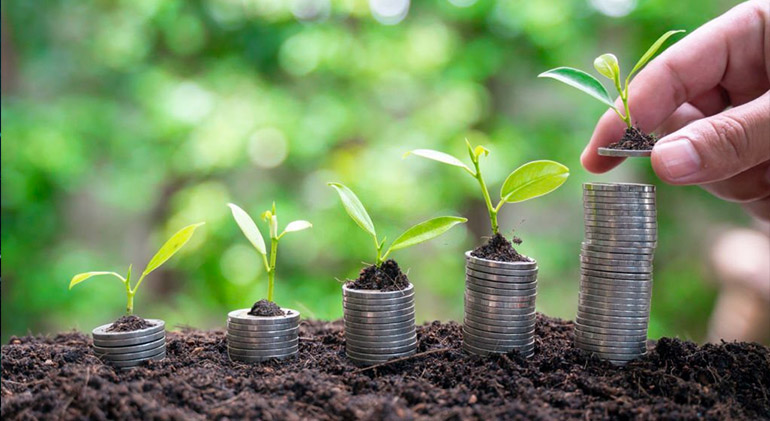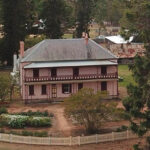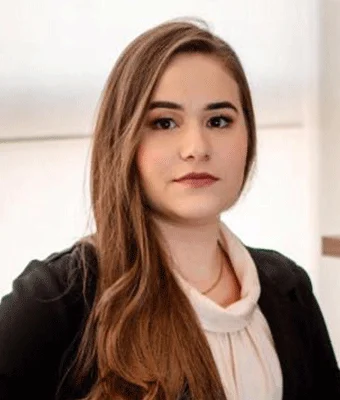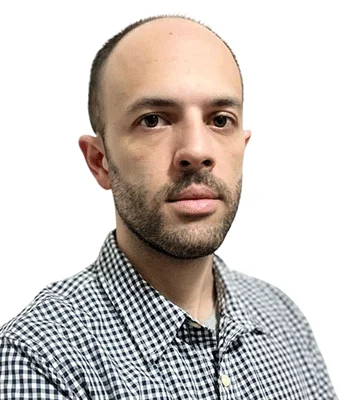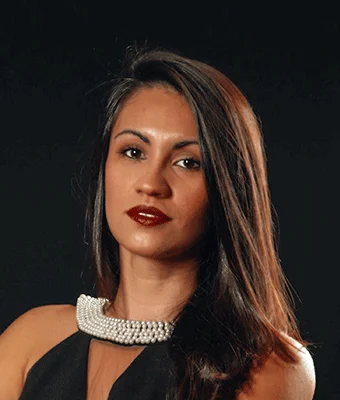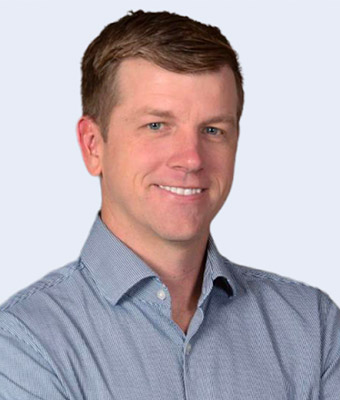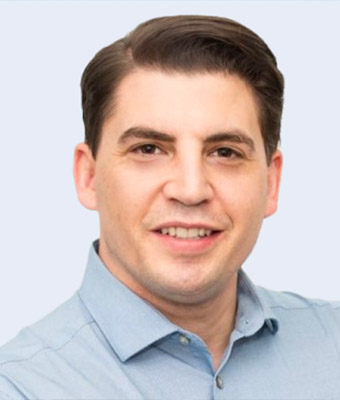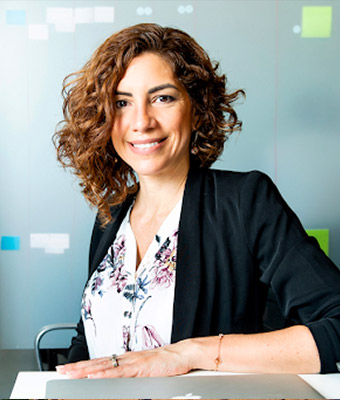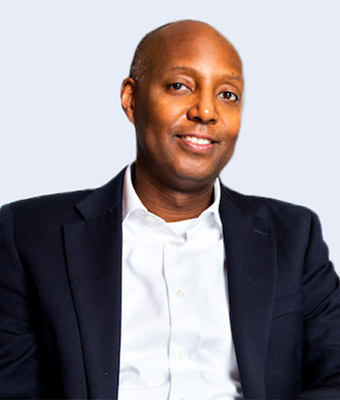Part One: Explanation of Farmer Cost Structure
Approximately 60-70% of farmer costs in Brazil are indexed in dollars. A real-world example for a farmer in Western Bahia, Brazil for the 2022/23 crop cycle is as follows:
Total costs for a soybean crop, including land costs, were US $1291/ha. Of that, a total of US $338 were operational costs which are mainly denominated in Brazilian reais, but no doubt have some world US$ influence. Land costs would include a market rent of approximately US$400/ha. Direct costs in reais would include labor, food, fuel, repairs, and machinery depreciation. The other US $553 costs (62% of the non-land total costs) are seed, fertilizer, and chemicals. Specifically, US $168 is fertilizer which is dollar-denominated, and US $306 is chemicals which are also USD. The balance is the seed which is reais. This farmer expects revenue of US $1,800/ha.
Part Two: Mechanics of a US$ Loan vs R$ Loan
Because of the significant percentage of Brazilian farmer costs indexed in dollars, it is important to consider how exchange rates impact farmer decision-making.
In this case, this sale is not impacted by exchange rates. However, overall farmer profitability would be impacted. A weaker dollar compresses the margins of a farmer as Brazilian reais-based expenses (food, fuel, labor, and repairs, for example) get more expensive. Farmers that have had loans in reais to cover dollar-based expenses (like purchasing land) have gotten into trouble at times in these cases due to the decrease in their margins and thus having less surplus income to dedicate to loan repayment.
Forward exchange rates are almost always higher in Brazil due to inflation and interest rates, and in some cases, the farmer acts as a “currency speculator” and may end up having less buying power in some cases.
An important consideration to understand the possible impacts of exchange rates is what the farmer actually purchased with the loan. A real asset, like land, would appreciate in Brazil with inflation and generally be protected from this risk.
For our loan program, rigid controls and conservative financial models will be put into place at least one year into the future, to significantly reduce other risks. Even when farmers try to operate as currency speculators, it becomes quite difficult to hedge or dollarize significantly into the future. Through our fixing of margins in dollars, this issue is also reduced.
Due to the above considerations, dollar-based loans become a better option for farmers, especially those that are seeking to dollarize their operations and reduce currency risk overall. Many larger farmers already do this as they can purchase inputs directly from manufacturers. Small farmers tend to purchase inputs in reais through resellers, as they do not have direct access to the manufacturers.
Carroll’s Brazilian operations have always been dollarized and this service can be provided, if it is a priority for the farmer, by AgDev and as part of the loan administration. It is relatively simple since cotton and soybeans are already indexed in dollars and the major inputs of fertilizer and chemicals are directly indexed, along with seed that is indirectly indexed. A farmer would need to understand dollar costs for inputs and when making these purchases, manage margins in dollars.
Part Three: Cash In and Cash Out and Currency Risk
The general mechanics of a US dollar loan in Brazil are as follows. An investment or loan from a foreign investor would come either directly or through a feeder fund outside of the country to a Brazilian private limited company (“Limitada”). Before being released to the Limitada, it would pass through the Brazilian Central Bank reporting process.
Foreign money is able to “sit” at the Brazilian Central Bank with an exchange rate contract for up to 180 days. This would allow funds to remain in dollars, unconverted until they are ready for quick disbursement to the farmer. In this case, there is minimal exchange rate risk (up to a few hours) between the time the money is converted to reais upon exchange rate contract closure at the Central Bank and the time it is disbursed.
A private agreement would be made with the farmer receiving the funds to repay dollars and interest in the reais-equivalent of the total dollar amount. These dollars would be collected in the future, so they could be more or less reais based on exchange rate fluctuations.
Some of the farmer’s input purchases are based in dollars while others are in reais. As the farmer prepares for harvest, the offtake agreement (purchase agreement by a grain trading company) is fixed in dollars. Approximately three months before harvest, the farmer would need to have proof of this contract.
As part of the loan agreement, enough crop production would be promised to guarantee coverage for a margin greater than that necessary to cover debt service, with the ability to adjust this value on the part of AgDev and the investor based on fluctuations in commodity pricing.
The sale contract with the commodity trading company would be set to pay directly to an account predetermined by the investor and not by the farmer to cover the cost of debt service. At this stage, there would be a small potential for exchange rate risk (a matter of hours) if the payment from the trading company was made into a Brazilian reais account and then converted to dollars through international transfer. This process also would pass through Central Bank reporting but is instantaneously approved.



